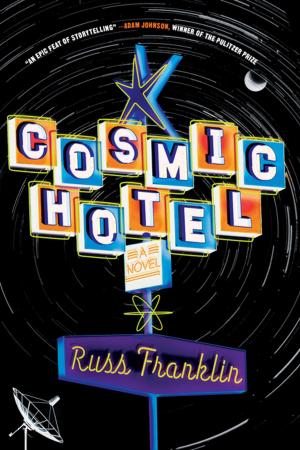Why I Am a Salafi
Nonfiction, Religion & Spirituality, Reference, History, Middle East Religions, Islam, Philosophy| Author: | Michael Muhammad Knight | ISBN: | 9781619026315 |
| Publisher: | Soft Skull Press | Publication: | August 1, 2015 |
| Imprint: | Soft Skull Press | Language: | English |
| Author: | Michael Muhammad Knight |
| ISBN: | 9781619026315 |
| Publisher: | Soft Skull Press |
| Publication: | August 1, 2015 |
| Imprint: | Soft Skull Press |
| Language: | English |
The Salafi are a revivalist Sunni Muslim movement misunderstood by most Americans, and even many Muslims. The New York Times’ first reference to Salafis as a distinct group appears in 1979 after a band of armed men seized control of the Great Mosque in Mecca. After 1979, there is not another mention of Salafis in the Times until 2000, in an article on links between Yemeni radicals and Osama Bin Ladin. In 2013, an article appeared in USA Today labeling Salafis as Sunni Islam’s most radical sect” and declaring them the most anti-Western” of any Islamist group. Today, Salafism is widely implicated in the rise of ISIS.
Knight-an acclaimed writer who has explored his own evolving religious beliefs in a range of novels, memoirs and essays-uses this mislabeling as yet another opportunity to engage those corners of Islamic tradition that others might dismiss as absurd or dangerous.
Why I am Salafi examines problems of interpretation, practice, and community, illustrating why terms like orthodox or progressive, Sufi or Salafi often fail to convey the reality of Muslim experience. Knight’s analysis includes examination of his own complex religious journey, having converted to Islam at sixteen, studying at a madrassa in Pakistan at seventeen, to
The Salafi are a revivalist Sunni Muslim movement misunderstood by most Americans, and even many Muslims. The New York Times’ first reference to Salafis as a distinct group appears in 1979 after a band of armed men seized control of the Great Mosque in Mecca. After 1979, there is not another mention of Salafis in the Times until 2000, in an article on links between Yemeni radicals and Osama Bin Ladin. In 2013, an article appeared in USA Today labeling Salafis as Sunni Islam’s most radical sect” and declaring them the most anti-Western” of any Islamist group. Today, Salafism is widely implicated in the rise of ISIS.
Knight-an acclaimed writer who has explored his own evolving religious beliefs in a range of novels, memoirs and essays-uses this mislabeling as yet another opportunity to engage those corners of Islamic tradition that others might dismiss as absurd or dangerous.
Why I am Salafi examines problems of interpretation, practice, and community, illustrating why terms like orthodox or progressive, Sufi or Salafi often fail to convey the reality of Muslim experience. Knight’s analysis includes examination of his own complex religious journey, having converted to Islam at sixteen, studying at a madrassa in Pakistan at seventeen, to















